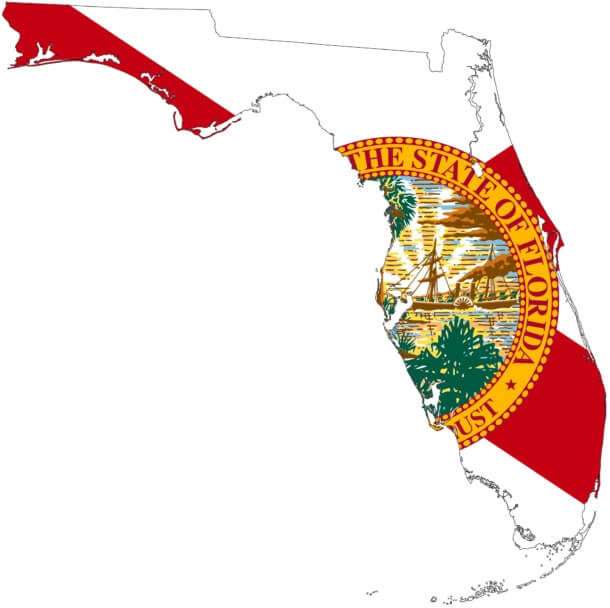by Ryan McMaken
he UK’s Express today reports that EU Commission president Jean-Claude Juncker has threatened to begin supporting secession movements in the United States in retaliation for Trump’s ongoing support of Brexit.
It’s unclear whether or not Juncker is joking, but it’s a safe bet that Juncker thinks himself very clever.
Juncker, however, merely joins a long line of Europeans who think they’ve delivered a “gotcha” zinger when they respond to support from some Americans for foreign secession movements. The retort often takes the form of “how would you like it if we called for your country to be broken up into smaller pieces?”
The correct response to this taunt, of course, is “yes, please.”
We saw this “clever” response from certain Ukrainians in response to Ron Paul’s suggestion that Ukraine would be more peaceful if it decentralized or broke into pro-Western and pro-Russian pieces. We heard it from Spanish nationalists in response from support — usually from libertarians — for the cause of Catalonian separatism. And now we’re hearing it from EU bureaucrats who are apparently in a panic over the possible dismemberment of the EU in the wake of Brexit.
Juncker — who, by the way, has never had a real job in his life — took to the podium to threaten to call for the secession of “Ohio and Austin, Texas” he undoubtedly thought Americans might respond with horror.
But really, the most melodramatic response any American should muster to this issue is “so what?”. So what if Texas or Ohio left and became independent states? Such a move would certainly not impoverish or threaten Americans in any way.
Indeed, the establishment of new independent states in the North American mainland would have an effect similar to that of Brexit on productive Europeans. Secession and decentralization merely create a greater potential for tax competition, for tax havens, and as havens from burdensome regulations in the rump USA.
Indeed, these newly created havens could be even more effective than is the case of the UK, precisely because Ohioans and Texans speak the same language and practice similar cultures to everyone in the surrounding areas.
A state of relatively free trade would continue between these nations, of course, because, as Rothbard noted, it’s difficult to convince people that trade barriers must be erected to “stick it to the Ohioans” when everyone knows that Ohioans are basically indistinguishable from the rest of the North Americans:
“Down with South Dakota,” or a fortiori, “Down with 55th Street,” would be a more difficult sell than spreading fear or hatred of the Japanese.
Moreover, few Ohioans would complain that immigrants from neighboring Indiana were “stealing their jobs” or that walls must be erected to keep out migrants from Michigan. If it reached that point, of course, it would be because Ohio had enacted so many liberalizing economic policies that Ohio was leaving the US in the dust in terms of economic growth and job opportunities. We could only hope for such a “problem” to arise.
With such similar populations just across the border in Ohio, calls for anti-Ohio or anti-Texas nationalism would just make the proponents of such views look absurd. Calls for nationalist retribution don’t even work against Canadians.
And, of course, the military status quo will continue to be essentially unchanged. Those who think a new independent state in North America will lead to open warfare are welcome to list the many bloody wars that have occurred between the US and Canada over the past 200 years.
A secessionist dismemberment of the US, which Juncker seems to think is a reductio ad absurdam would only be a boon to most Americans. It would provide more competition and choice in trade, in tax regimes, in legal systems, and in monetary policy, since, as Rothbard noted: “A more decentralized world would be far more likely to turn to sound market commodities, such as gold or silver, for its money.”
Even better for Americans is the fact that they could conduct business across these borders without even having to learn a new language or a new culture. In other words, the practical barriers to relocating to these neighboring states would be very low indeed.
Continue: EU President Hopes the US Breaks Up into Smaller Pieces | Mises Wire



